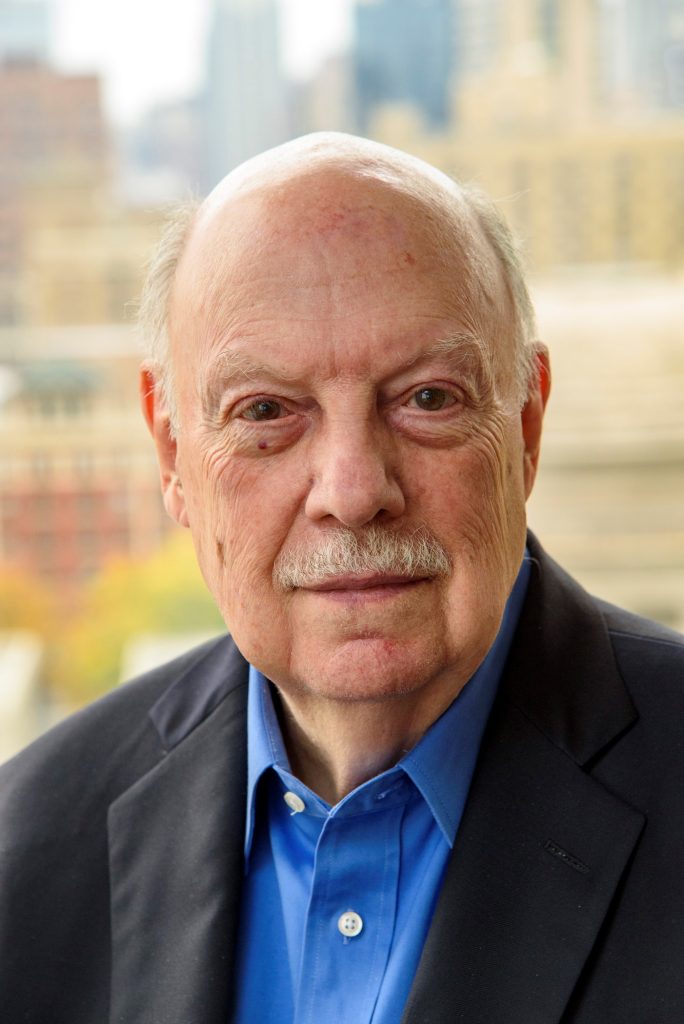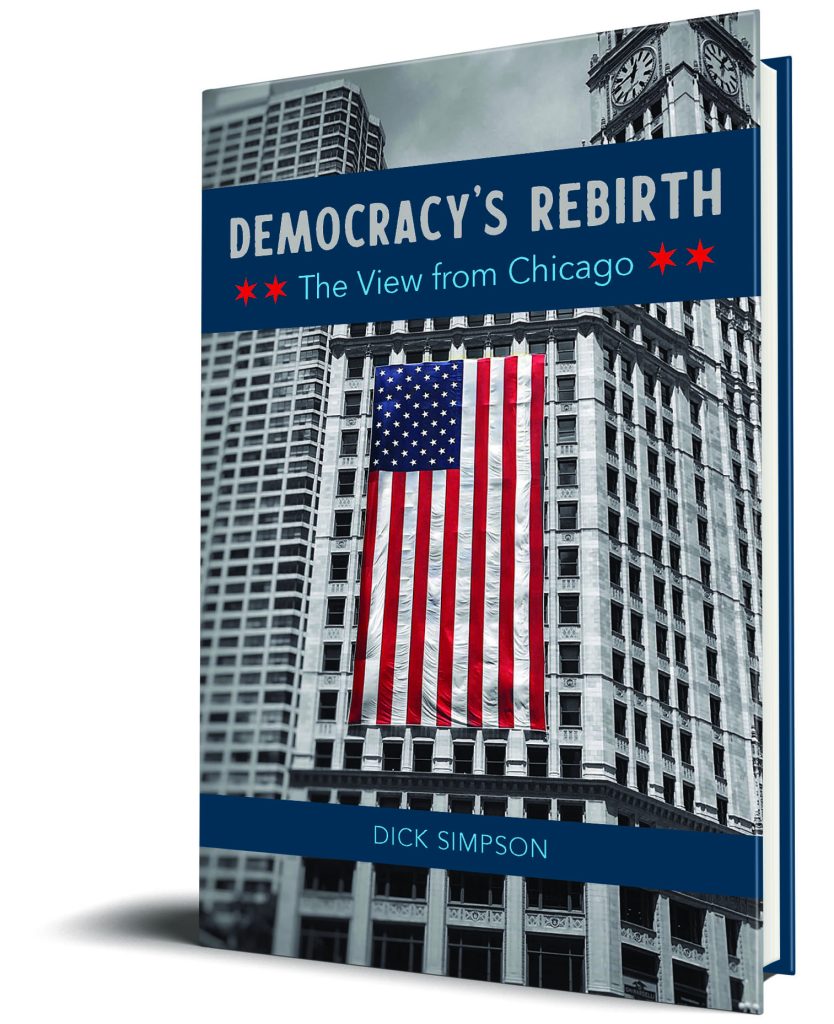Dick Simpson, author of Democracy’s Rebirth: The View from Chicago, answers questions on his activist influences, political discoveries, and reader takeaways from his book.
Q: Why did you decide to write this book?
When I became a professor of political science in 1967 and began to teach about democracy I became fascinated both with American government and democratic theory.
At the same time, I became the Illinois state campaign manager for the Eugene McCarthy campaign, founded an independent political organization, and got elected as a 44th Ward Alderman. In the 1960s, nearly sixty years ago, I was a part of the civil rights movement in Austin, Texas and the peace and anti-war movement in Chicago.
All of these experiences caused me to be concerned about the challenges to our American democracy. I also began to see that the problems were often illustrated in clear and extreme forms in Chicago, which I knew so well.
So those were the origins of Democracy’s Rebirth: The View from Chicago.
Q: Who were your biggest influences?
Historically, the politicians and political activists who have most influenced my thinking have been Dr. Martin Luther King, Jr., Eugene McCarthy, Chicago Alderman Leon Despres, and Mayor Harold Washington. Of the political philosophers it has been Athenian philosophers Plato and Aristotle, Thomas Jefferson, and James Madison.
There have been dozens of current political scientists, journalists, and historians who figure in the book, but I am unique in knowing both the practice of politics, fighting against the Chicago political machines, and in knowing democratic philosophy. As Alderman when I initiated participatory political institutions and neighborhood government in Chicago, I hadn’t yet understood in detail Athenian Democracy, the Roman Republic, and New England Town Hall meetings. I have come to do so since.

Q: What is the most interesting discovery you made while researching and writing your book?
When I began writing, I discovered that the empirical evidence provided the basis for understanding these challenges and that political scientists, historians, and political activists had something of a consensus about the challenges and their potential solutions. But no one was pulling all these disparate sources into a clear analysis and synthesis
Although all the problems and challenges I cover in the book predate Trump, the Trump campaigns and presidency highlighted how critical these problems are. The future of our country depends upon us addressing these challenges now. There is no one solution but there are steps which each of us can take to make sure that there is a rebirth of our democracy.
Q: What myths do you hope your book will dispel or what do you hope your book will help readers unlearn?
So the greatest myth is that “you can’t fight city hall” and “nothing can be done.” It is also a myth that no one knows what is to be done. My book sets forth an analysis backed by facts, empirical evidence, and practical, real life political experience. It is not pie in the sky. It lays out the challenges, the underlying causes of those challenges, and what is to be done to meet those challenges and reestablish our democracy nationally and locally in cities like Chicago.
Q: What is the most important idea you hope readers will take away from your book?
Beyond individual steps confronting individual problems and challenges, there needs to be a broad social and political movement for change and reform. We need to undertake major transformations and this requires political will and broad-based support.
Q: What do you like to read/watch/or listen to for fun?
I like to read Science Fiction novels (and good science fiction films like Star Wars and Star Trek). I am drawn to them because of the vision of what the future could be (or what future like “Blade Runner” dystopias should be avoided). And I am drawn to the adventure of a few people joining together to make a difference.

